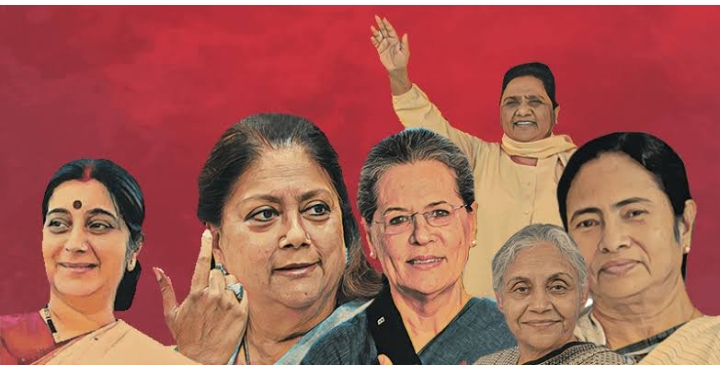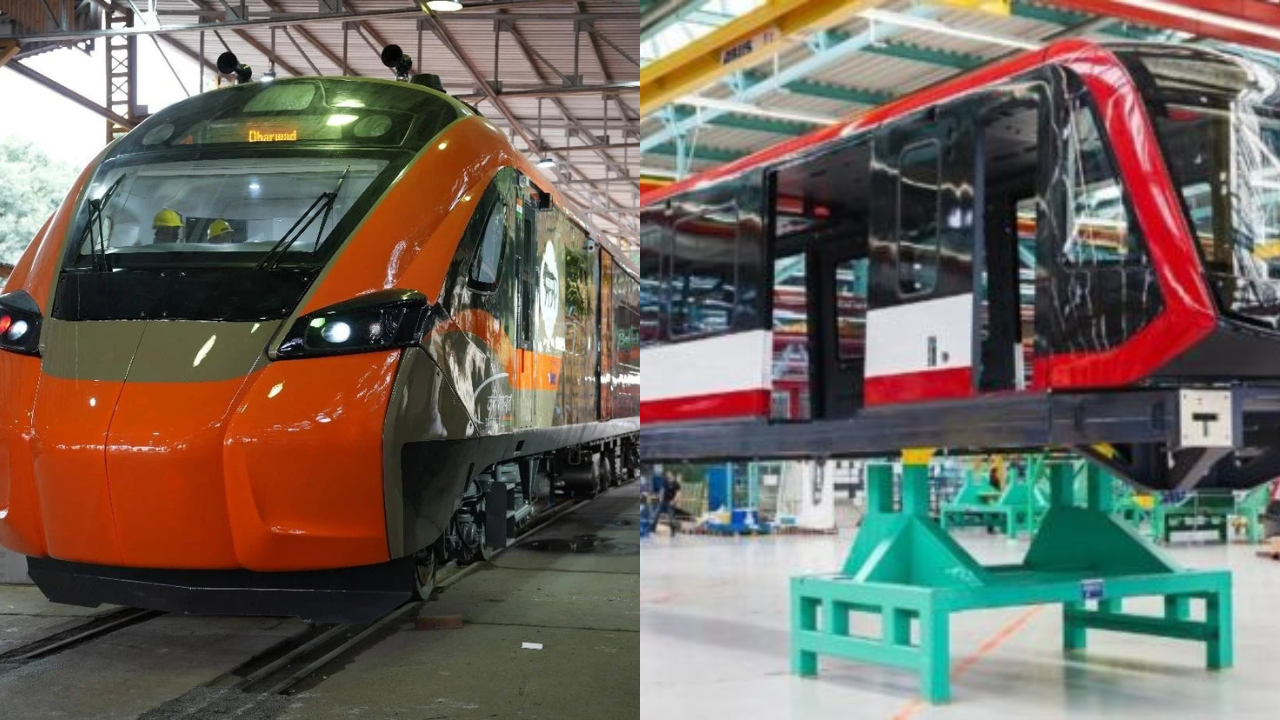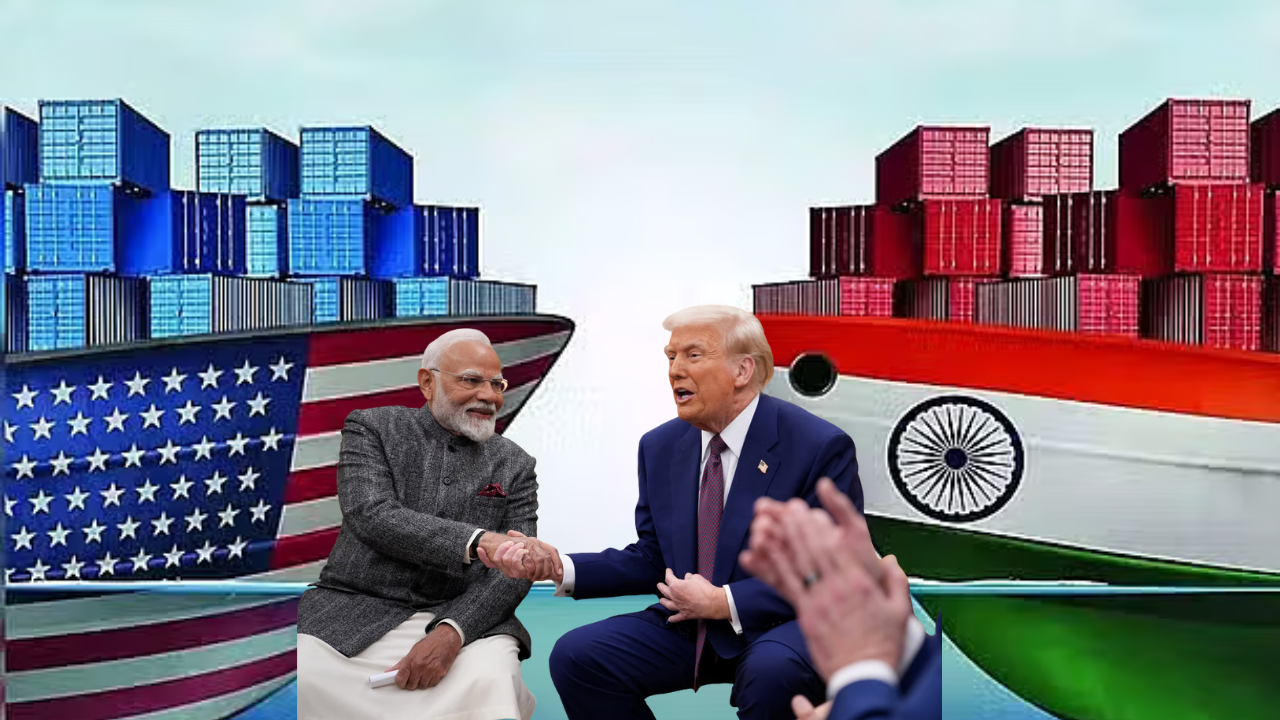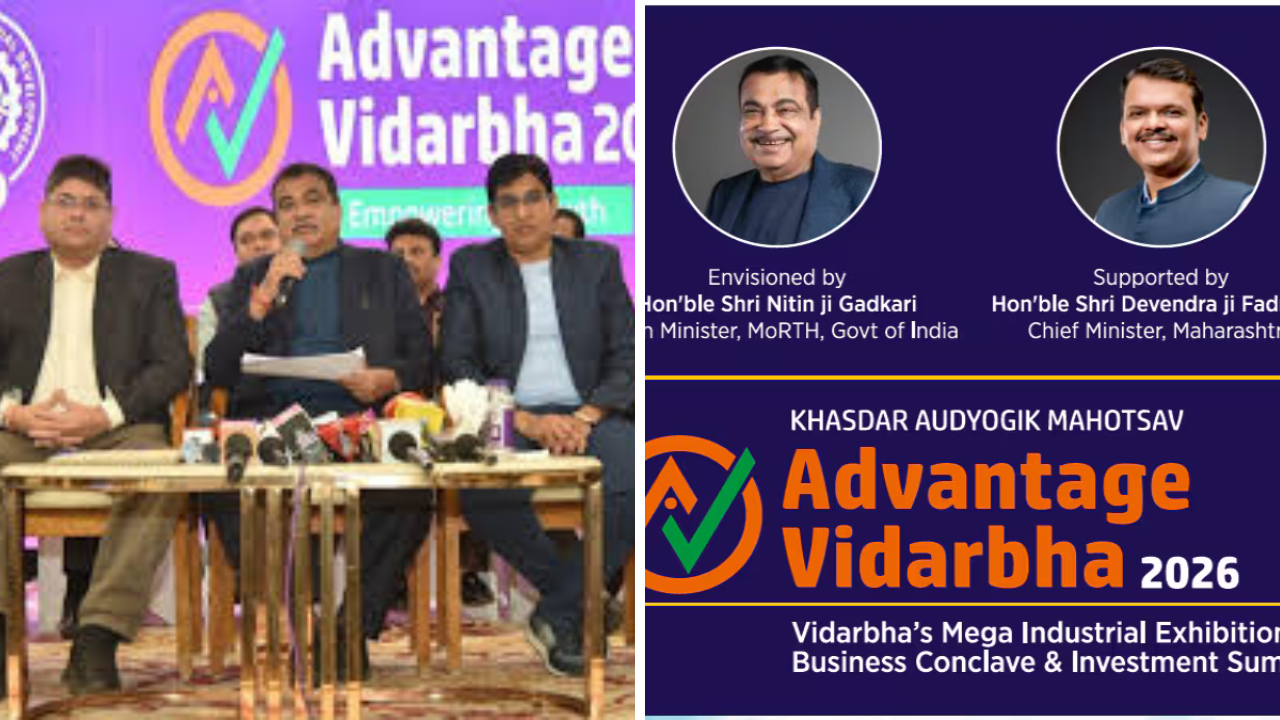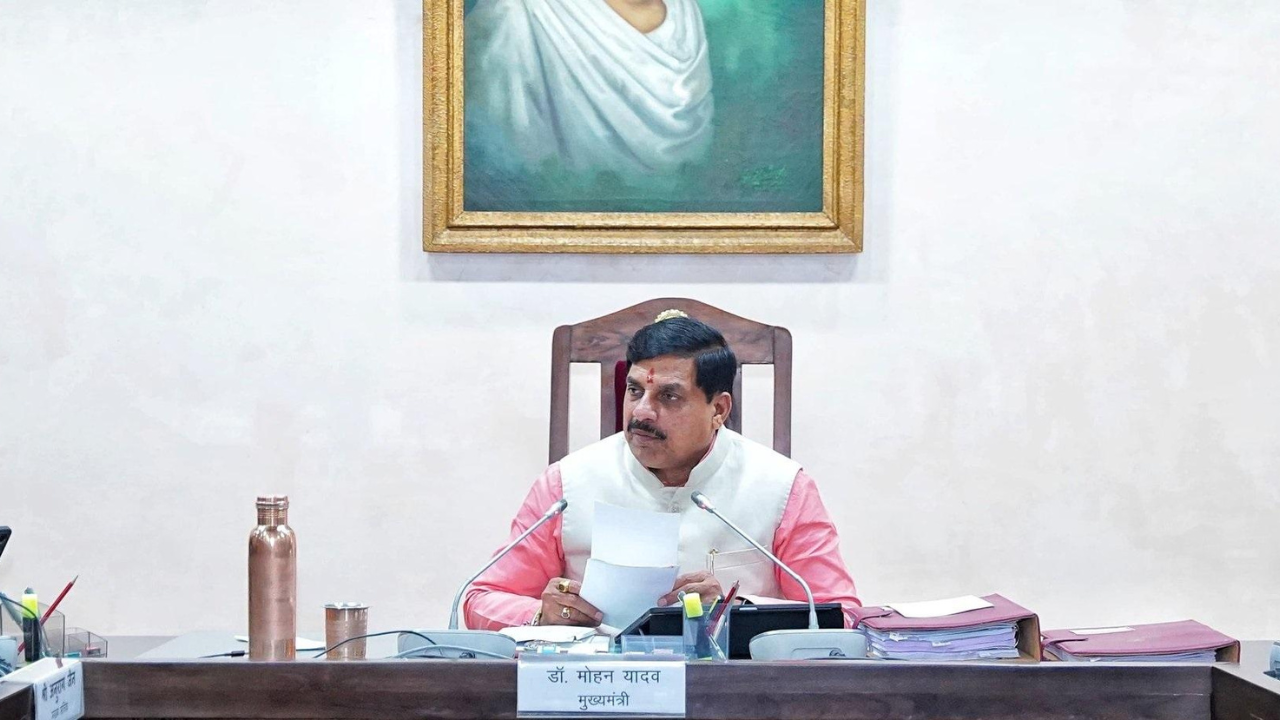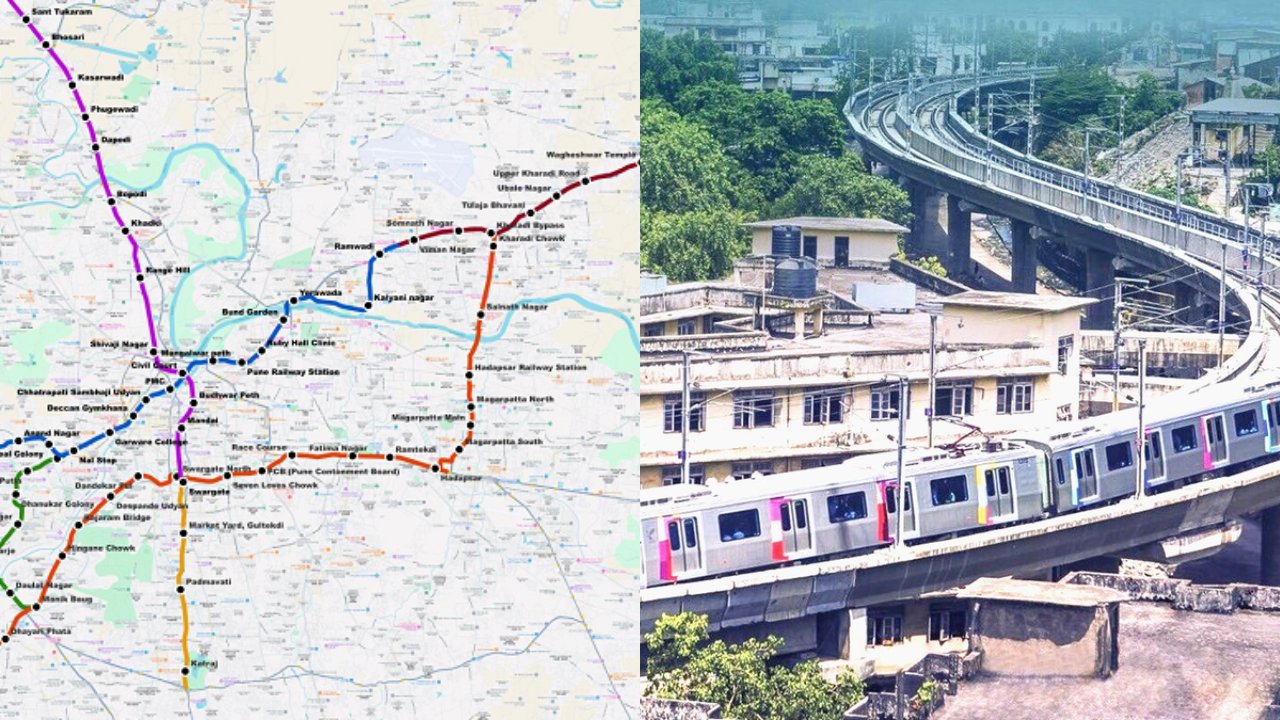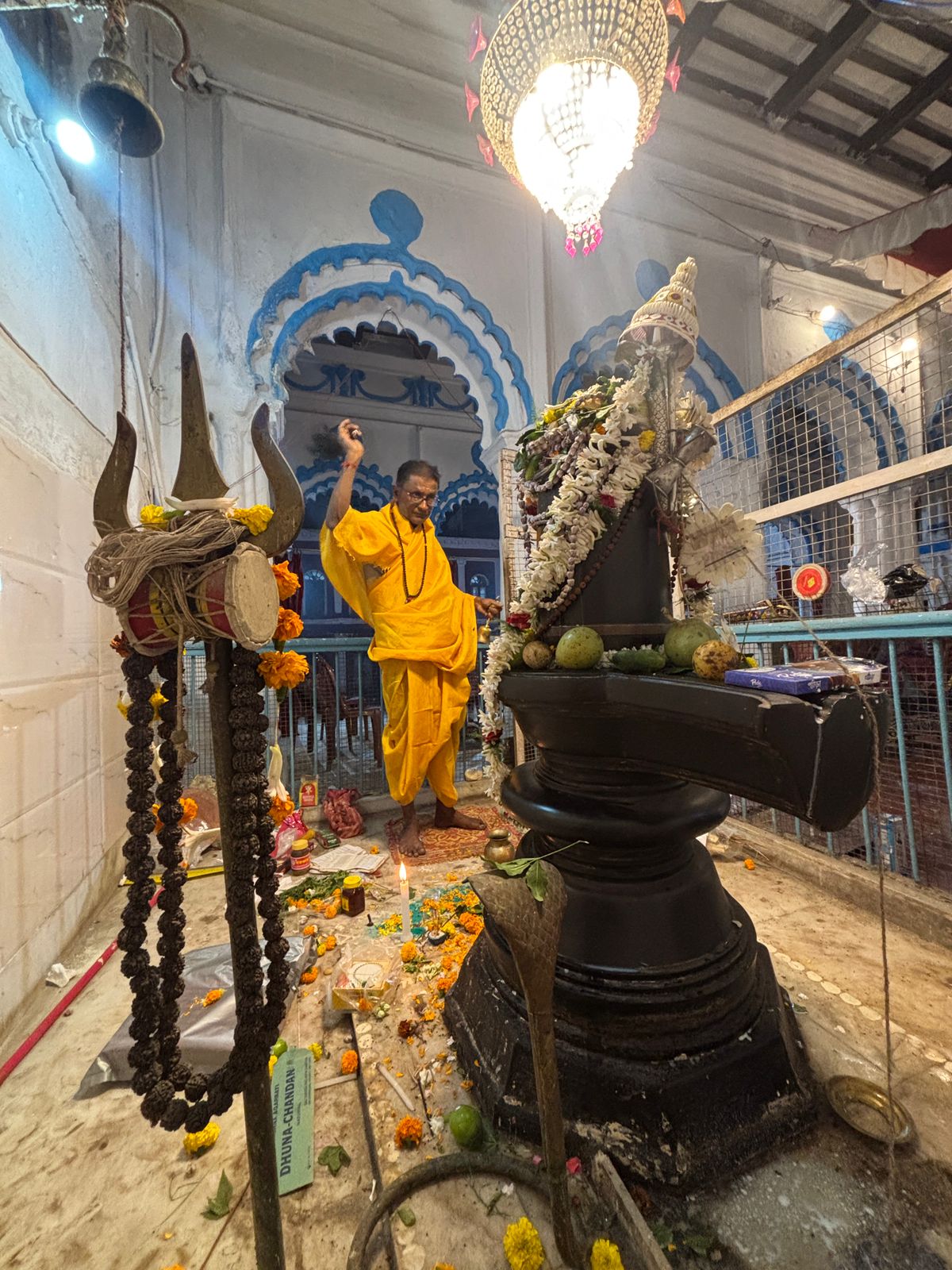In India, discussions surrounding women’s political empowerment have indeed become more prevalent, with increased awareness of gender disparities and the need for inclusive representation. However, the gap between rhetoric and tangible action remains a significant challenge. Despite the emphasis on women’s political participation, the actual representation of women in elected offices has been slow to progress.
While there has been a surge in conversations about women’s political empowerment, translating these discussions into effective policies and concrete steps has been limited. Structural barriers, deeply rooted cultural norms, and patriarchal attitudes continue to impede the full integration of women into political spheres. Though legislative measures have been introduced to promote gender equality, the execution and enforcement often fall short.
Reservation of seats for women in local governance, such as panchayats (local councils), was a step forward, yet the impact at higher political levels is noticeably restrained. The discrepancy between the discourse on empowerment and the allocation of resources for women candidates further exacerbates the situation. In many instances, tokenism rather than genuine empowerment becomes the norm, where a few women are included for optics rather than fostering substantive change.
Moreover, political parties play a pivotal role in candidate selection, and deep-seated biases within party structures hinder the rise of women leaders. Encouragingly, there are individual success stories, with women breaking barriers and assuming leadership roles. However, these instances are often exceptions rather than indicative of a broader trend.
To bridge the gap between rhetoric and action, there is an urgent need for a comprehensive approach. This involves not only enacting legislation but also dismantling systemic barriers, challenging cultural norms, and promoting inclusivity within political parties. Additionally, creating an enabling environment that encourages women to participate in politics without fear of reprisal is crucial. Until these multifaceted challenges are systematically addressed, the narrative on women’s political empowerment in India risks being characterized more by words than by substantive actions.
For more information visit at https://happenrecently.com/zepto/?amp=1



